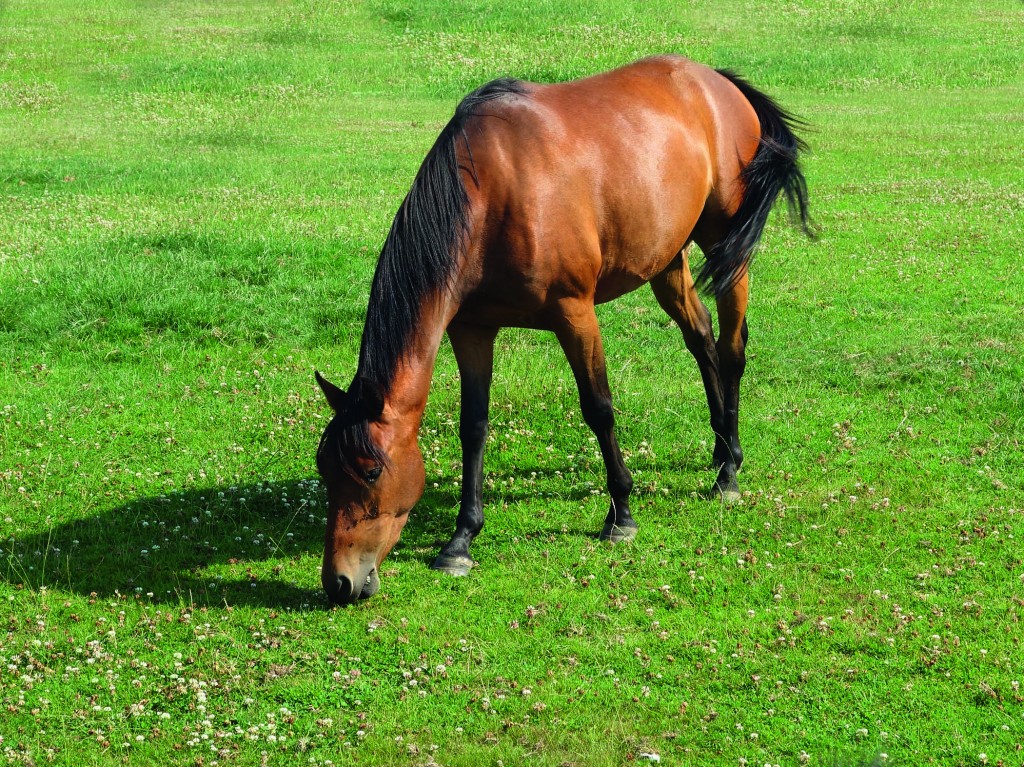The University of Liverpool is running a project to establish how common liver fluke infection is in horses.
The project, funded by the Animal Welfare Foundation, also aims to establish whether liver fluke is a cause of unexplained liver disease in equines and to define the clinical syndrome associated with infection.
A spokesman for the university said it was looking for about 250 horses that have, or are suspected of having, liver disease, to include in this study. Control animals are being recruited separately.
“Each blood sample will be tested for liver fluke free of charge, and we will ask for some information about the horse,” she explained. “We will take a clinical history from the horse’s vet and ask the owner to answer a questionnaire on management.”
Blood samples must be unused blood from samples taken for other purposes, to comply with rules on animal research.
Horse owners who want to be involved should ask their vets to contact Alison Howell,
[email protected] or phone: 07889 644864.
Fasciola hepatica (liver fluke) is a parasite that can infect animals that eat contaminated grass. In the UK, disease occurs most commonly sheep and cattle.
Liver fluke is known to affect horses, although the extent of the problem is not established. This is partly because, unlike sheep and cattle, infected horses do not seem to reliably excrete fluke eggs in their faeces, making diagnosis difficult.
The University of Liverpool has developed an enzyme-linked immunosorbent assay (ELISA) that is able to detect antibodies against liver fluke. The presence of antibodies indicates a current or recent infection.
Since the ELISA was introduced two years ago, it has tested 110 samples sent in by vets from all over the UK. Of these, 16% have tested positive for fluke.
Liver fluke infection in horses has been associated with poor performance, inappetence, colic, anaemia and signs consistent with liver disease.
Image: Sally Murray


